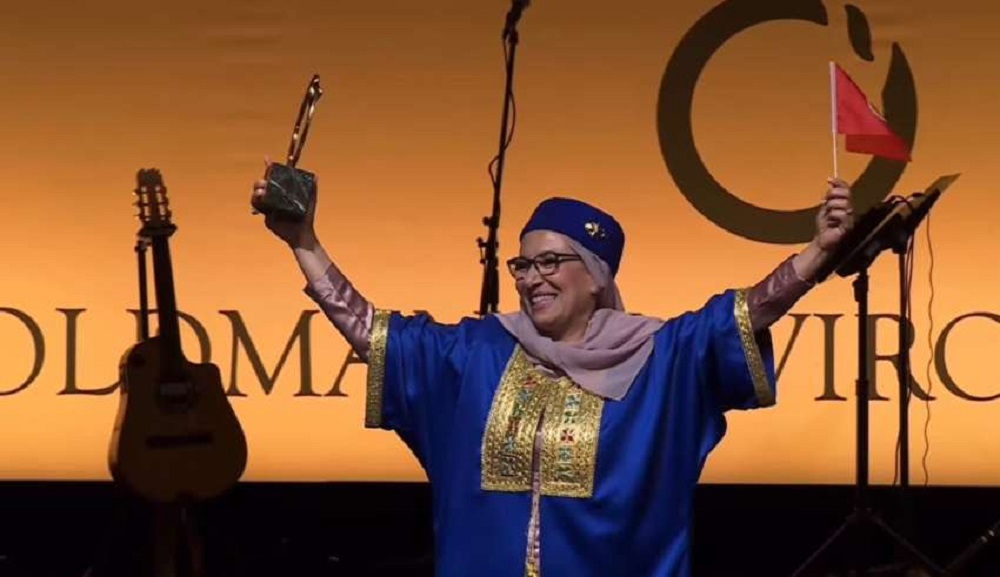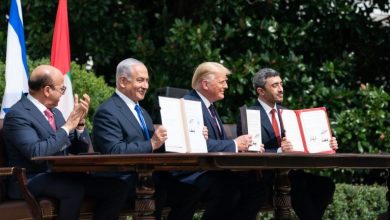Tunisian Activist Samia Al-Abidi Wins Global Award for Exposing Illegal Waste Trafficking from Italy
After helping return 6,000 tons of smuggled waste to Italy, Samia Al-Abidi uses her Goldman Environmental Prize to demand justice for developing nations exploited as dumping grounds.

Watan-In a bold stance against environmental injustice, Tunisian activist Samia Al-Abidi Al-Gharbi—recent recipient of a prestigious international environmental award—delivered a clear message to wealthy nations: stop turning developing countries into garbage dumps.
Al-Abidi, 57, was awarded the Goldman Environmental Prize, often dubbed the “Green Nobel,” alongside several other global environmental defenders. The prize honors grassroots activists who protect the environment and fight for justice worldwide.
Her recognition came after she played a central role in exposing the illegal trafficking of waste from Italy to Tunisia. According to the Goldman Prize organizers, her efforts led to the return of 6,000 tons of illegally exported household waste to Italy in February 2022.

The scandal traces back to 2020, when 280 containers filled with banned household waste were illegally imported to Tunisia by a local company that falsely declared the contents as recyclable plastic. Once the news broke through both local and international media, citizens and environmental NGOs launched protests, refusing to let Tunisia become Italy’s landfill.
“We may be developing countries, but we are not waste dumps,”Al-Abidi declared. “What is toxic to the Global North is toxic to us too. We have the right to live in a healthy environment.”
She highlighted that Tunisia, with its limited infrastructure, struggles to handle its own waste—let alone imported waste from wealthier nations. The case shed light on the growing global problem of illegal waste trade, which persists despite international laws designed to prevent rich countries from dumping hazardous materials in poorer regions.
Al-Abidi, who has spent over 25 years working on environmental health issues, said she could not accept what she witnessed and spent two years mobilizing efforts to return the waste containers to Italy.

Ultimately, most of the containers were shipped back, and 26 people in Tunisia were prosecuted, including the country’s Minister of Environment, who was dismissed, arrested, and sentenced to three years in prison.
Her activism not only forced local accountability but also influenced European Union policy, prompting tougher regulations on waste exports to developing countries.
Though Al-Abidi didn’t set out to make waste dumping a symbol of global injustice, she acknowledged the impact of her work and said she hopes the prize will bring more attention to civil society efforts. She noted that environmental networks in Africa have embraced the prize as their own and are now using it to amplify their advocacy.




